KOJJA
A guest article with visual artist Derick Kakembo
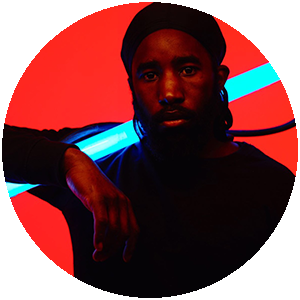

Derrick Kakembo’s Love Letter to Black Male Parenthood - Kojja
Words by Bethany Burgoyne, and Gallery Photos by Connor Diffley
Derrick Kakembo describes himself as an all-round creative, layering together his roles as a photographer, producer, filmmaker, and director. Having begun his career in Rankin's photography studio, Kakembo went on to run his own collective, Reform The Funk, as a media publication before transforming it into an independent film production company. As a photographer, his portraits inspire a sense of safe vulnerability and as a filmmaker, we see the same traits weave their way into Kakembo's work, scripting stories that are multilayered and thought provoking.
Kakembo's debut narrative short film, Kojja (translation: Mother's Brother in the Luganda language), explores the dynamics of raising Black boys in Britain through the Uncle-Nephew relationship. Kojja promises to be a continuation of Kakembo's skill and talent for capturing emotional depth within cultural contexts. Intentionally bringing thoughtful reflections on Black male narratives to the forefront, curated through his own personal lens.
Having spent a couple of years working on his first narrative short film, Kakembo is bringing the Ugandan diaspora onto screen and debuting with a deeply personal project. ‘Kojja’ focuses on a young 27-year-old man (Chisom) who is struggling to be there for his nephew (Ake) and his sisters. When discussing how much of the story is shaped by his own experiences, Kakembo explains how becoming an Uncle made him feel “like I must step up and be this role model for them. But at the time I was young myself and I didn't know what I was doing." The challenges Kakembo faced provided him with inspiration for the narrative we see play out in Kojja.
“To help myself understand the nuances of the film, what I’m trying to say and communicate, I always kept the Ugandan diaspora in mind.”
Through the relationship of Chisom and Ake, the film brings into question how to raise youngsters in a place that has different values, and where you struggle to feel you belong. Kakembo highlights the differences between each character's experience of migrating to Europe from Uganda and having to adjust their lives accordingly. He explains how “I have this fascination for people who migrate, who leave their home and create another home. The challenge of making a new life in the Western world, it’s not as easy as people think”.
Photo by Kim Lang
So as to maintain focus on the kind of story he wanted to film, Kakembo explains how “I made Kojja with a particular person in mind; to help myself understand the nuances of the film, what I’m trying to say and communicate. I always kept the Ugandan diaspora in mind”. A large part of that representation came through the use of language and writing scenes in his mother tongue, Luganda. Kakembo points out how there’s a lack of nuanced East African accents being depicted in TV and film, and this is something he wants to have a role in changing; “I wanted the audience to see Luganda being spoken on screen, I want people to feel seen”.
“I have this fascination for people who migrate, who leave their home and create another home. The challenge of making a new life in the Western world, it’s not as easy as people think.”
When it came to the writing process, Kakembo explains how “I always knew the characters and themes of the story. But funnily enough, the actor who plays Ake, the young boy in the film, I was playing football with his brother and always knew he was an actor". This helped Kakembo kick-start the project with the certainty that he could find one of his main characters. He explains how this made the prospect of creating a film a little less daunting. Other advice came from a few friends who are filmmakers, “they told me to work in stages; writing, preparation, shooting and then editing, marketing, and the launch”. Kakembo describes how, for each stage, "it's a process of rewriting. You're constantly changing the film, the way you give it to the people, the way you've written it".
This flexible approach is something that Kakembo found himself embodying throughout the process of creating Kojja. However the transition of being behind the camera shooting photos to running a set and directing a film was a big change. "Everyone's invested in it. Everyone is looking at you for answers, every decision you're making people have questions. So much is thrown at you and everyones looking for reassurance but at the end of the day, you know the story more than anyone else...So it’s about managing the situation." We witnessed in person how Kakembo ran his set with a sense of calm clarity and assertiveness. Bringing the best out of each individual through personable forms of direction.
Photo by Kim Lang
Kakembo focused and caring mindset is reflected in his conversations about the future. He tells us how a recent trip to East Africa, visiting Kenya, Tanzania, Zanzibar, and Uganda, has reinforced his sense of purpose, driving him "To go back to Uganda and stop building Britain”. Kakembo expanded on how “The whole point is we've got to go back to Africa, everything we do is to go back to Africa. Because I can't keep developing and building Britain. We've got to take all our talent, all our creativity, all our invests, all our money back. That's the destiny." In this way Kakembo intends to join the infrastructure within Uganda and contribute to his home’s development.
See KOJJA here.



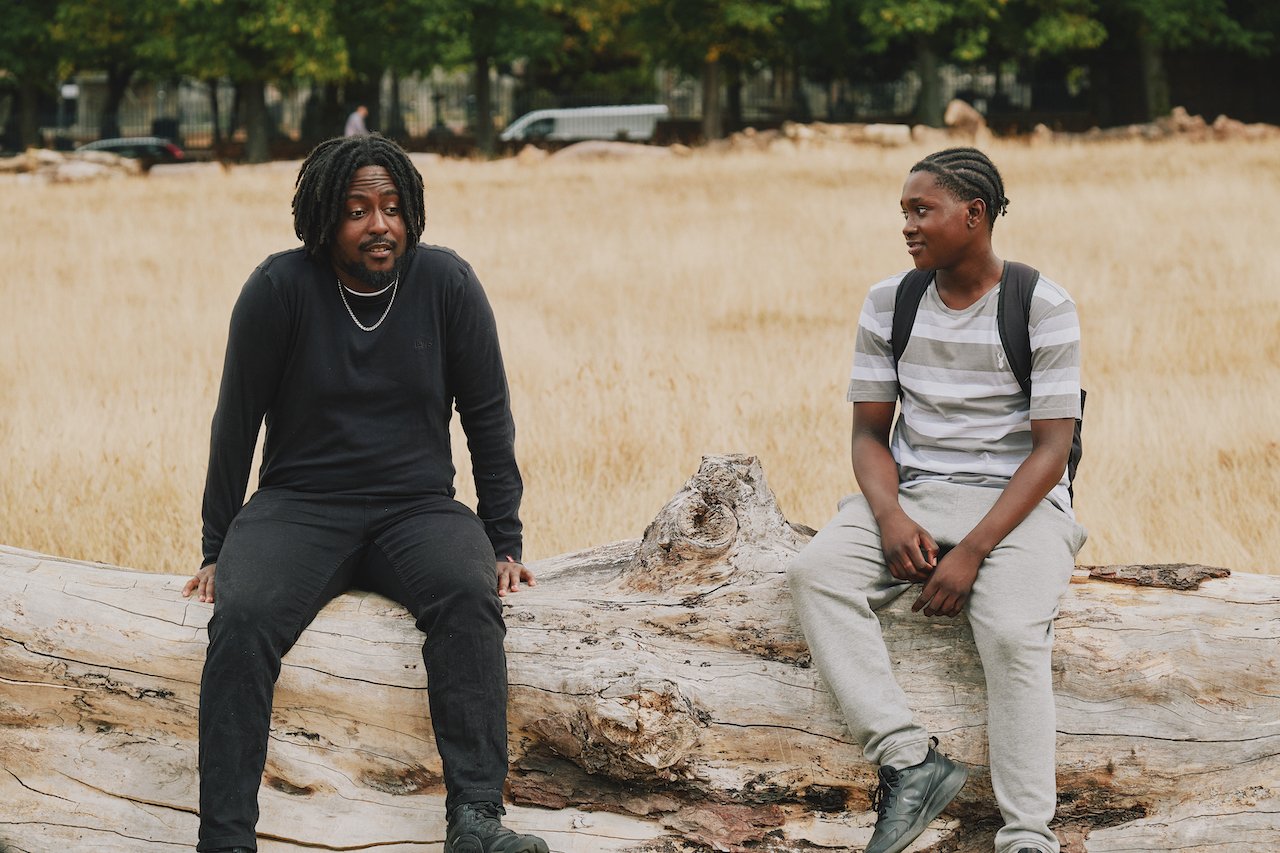
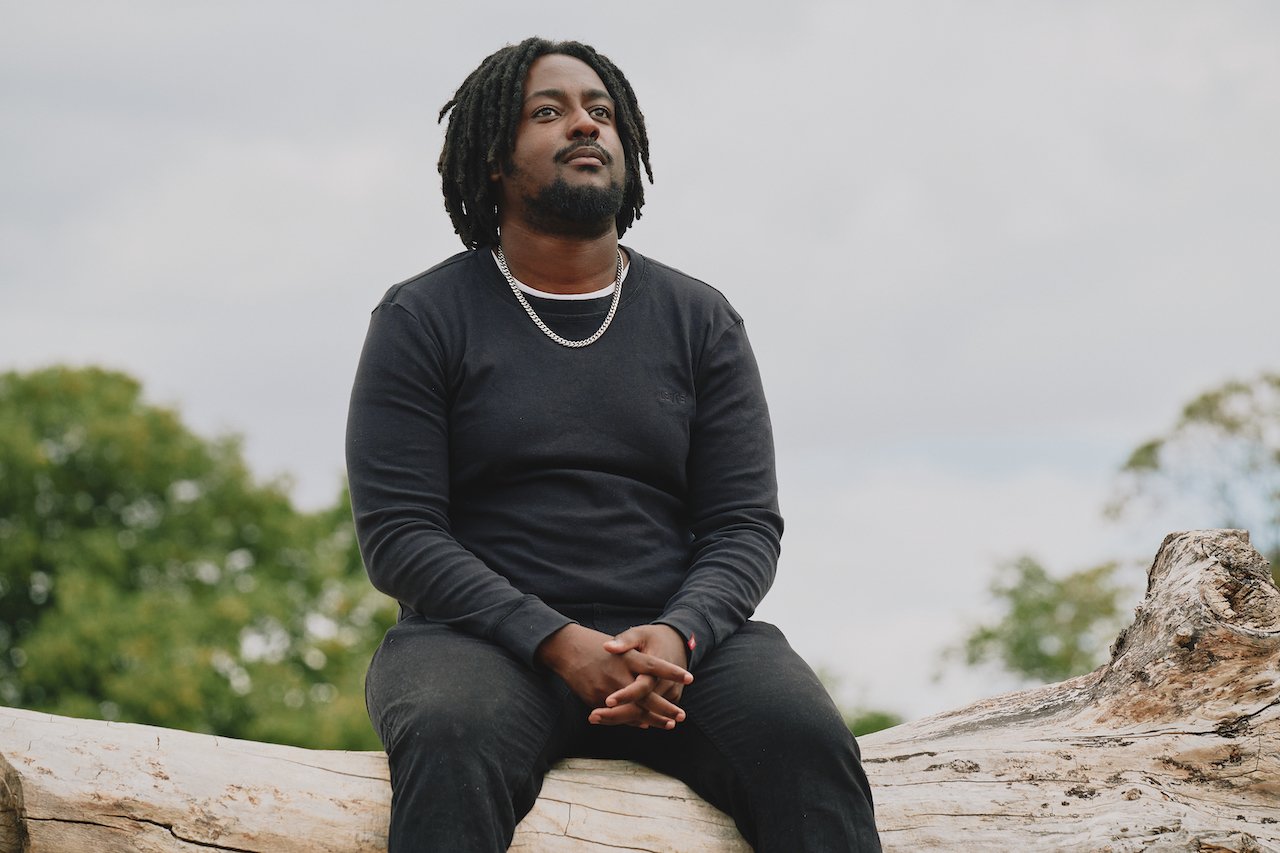
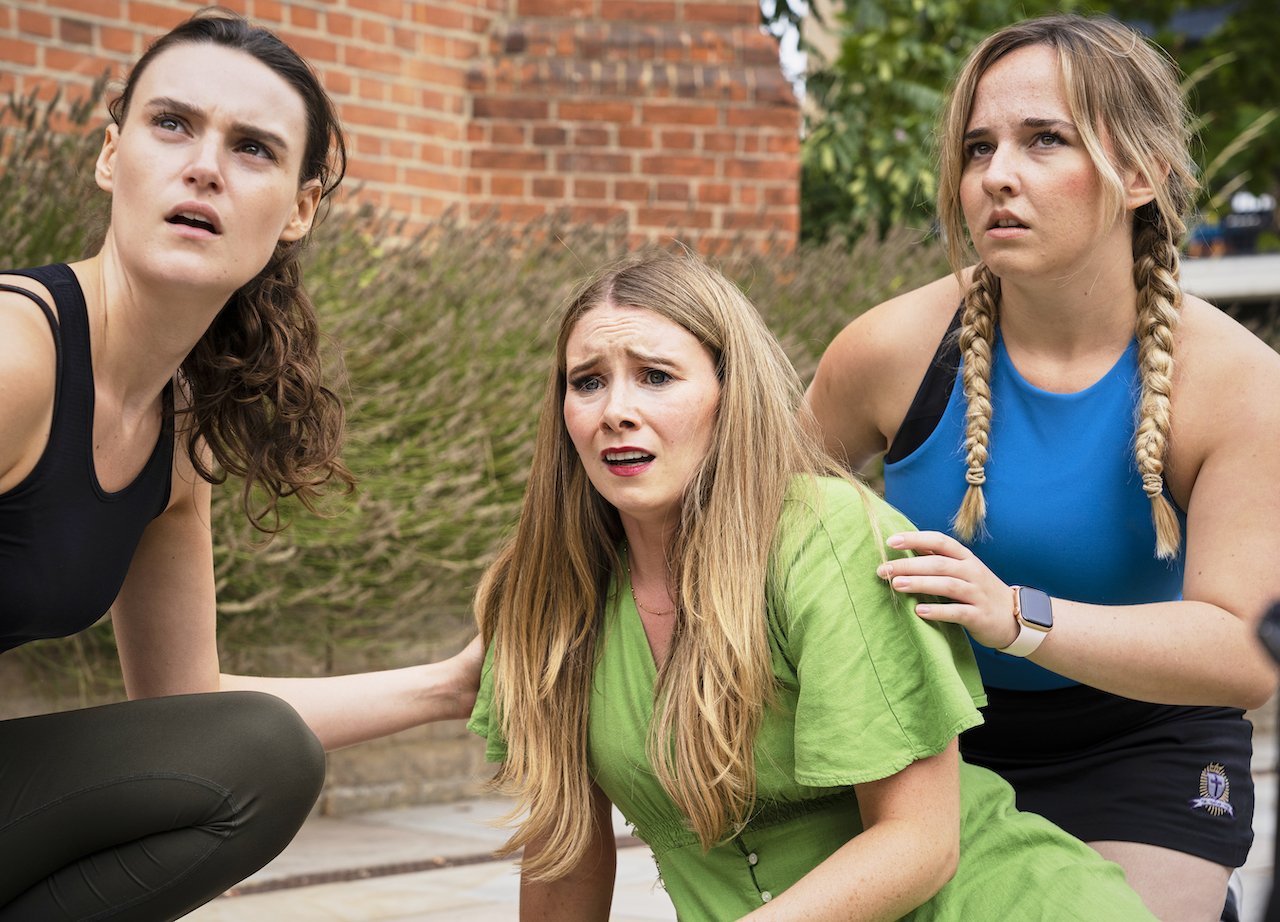
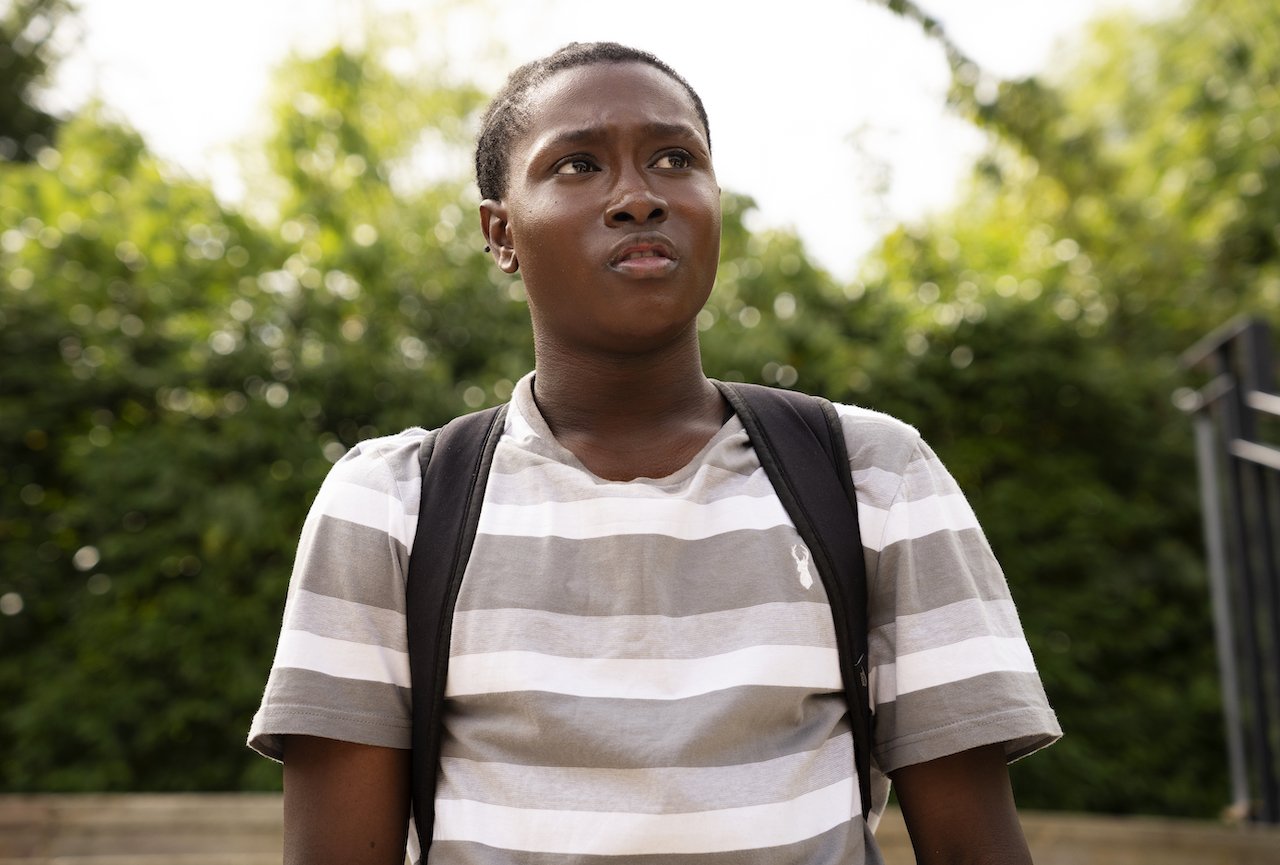
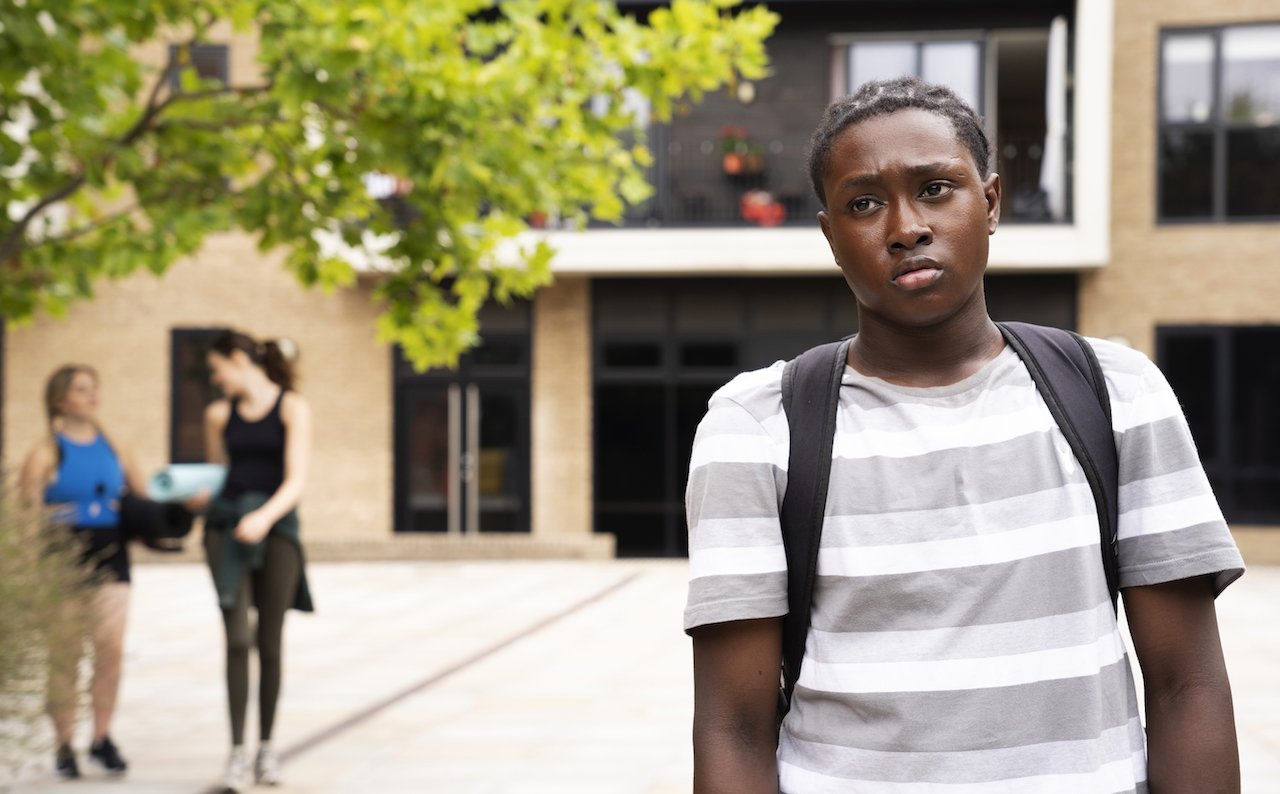
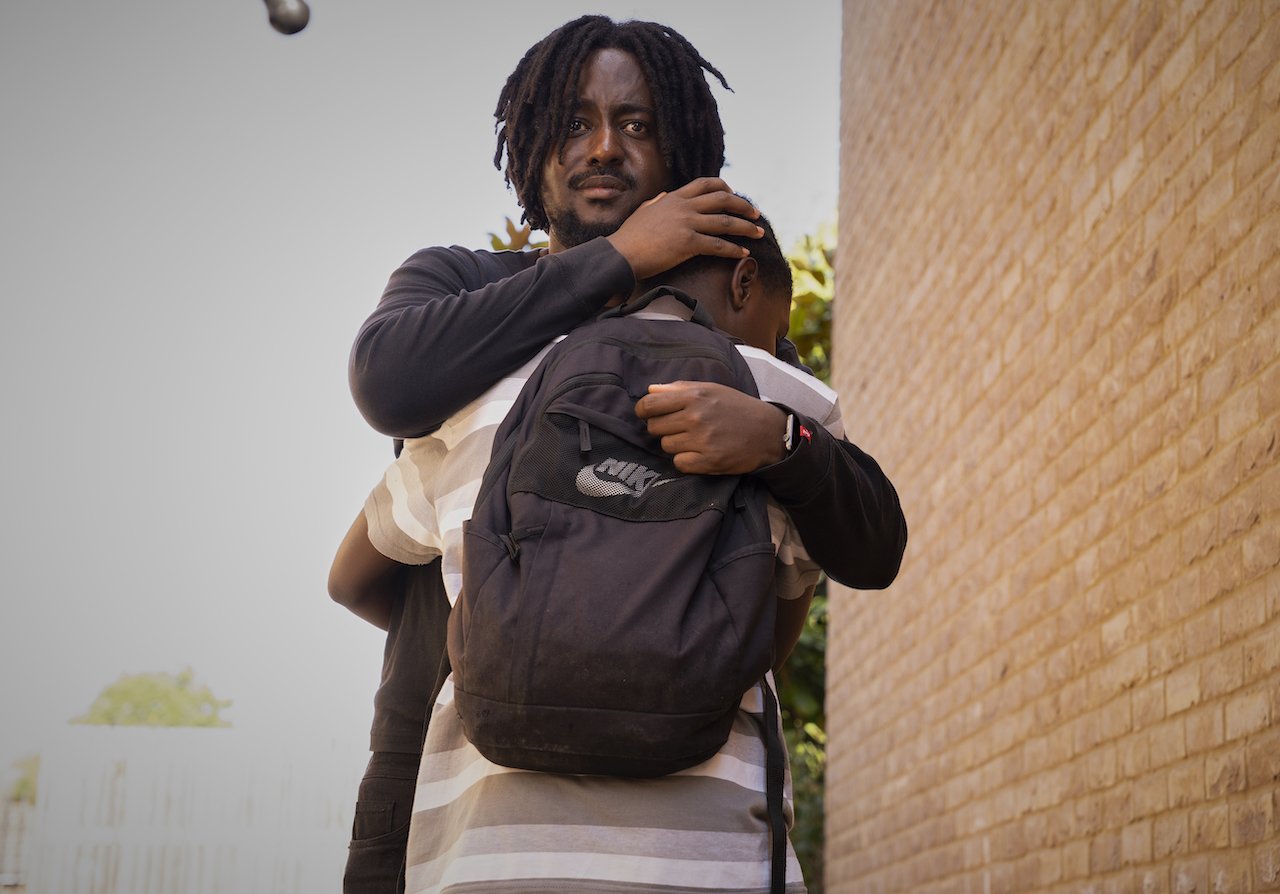
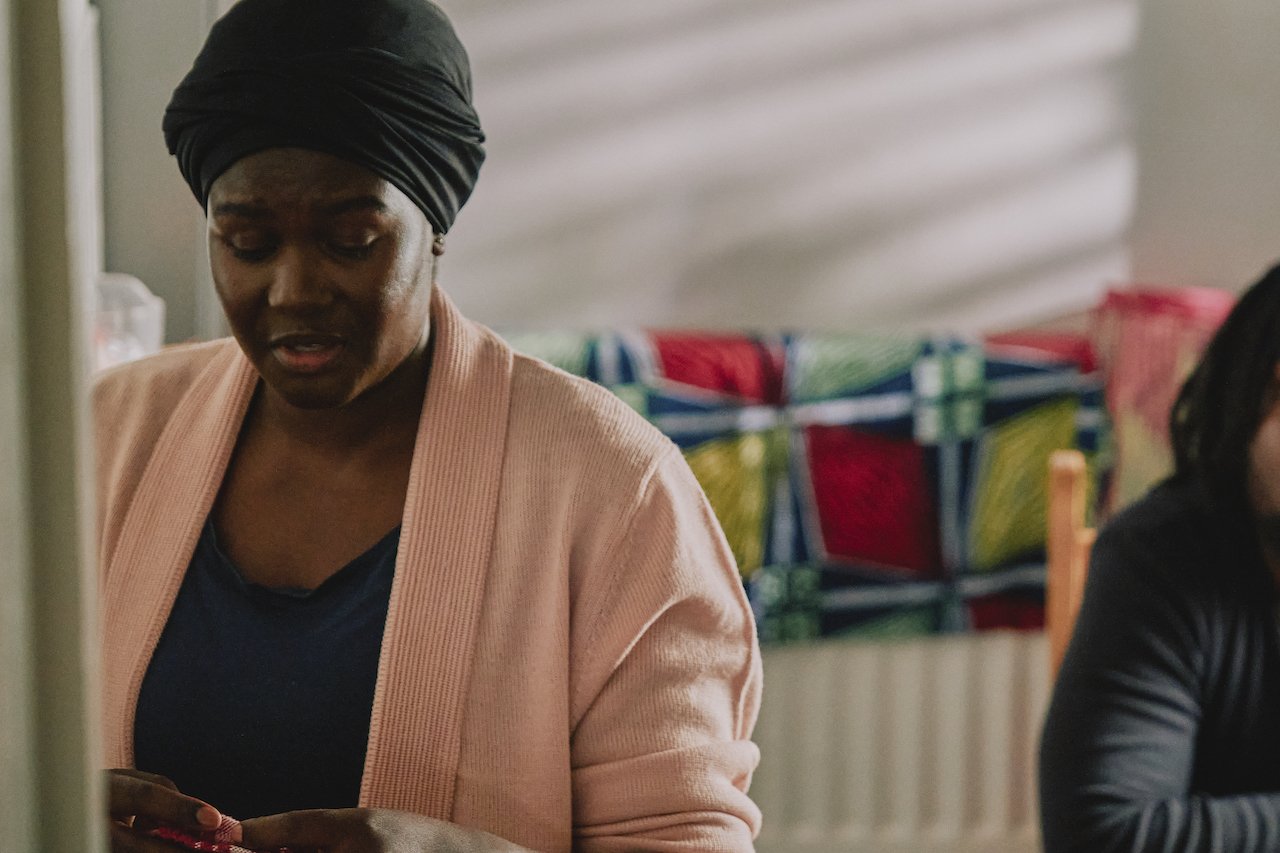
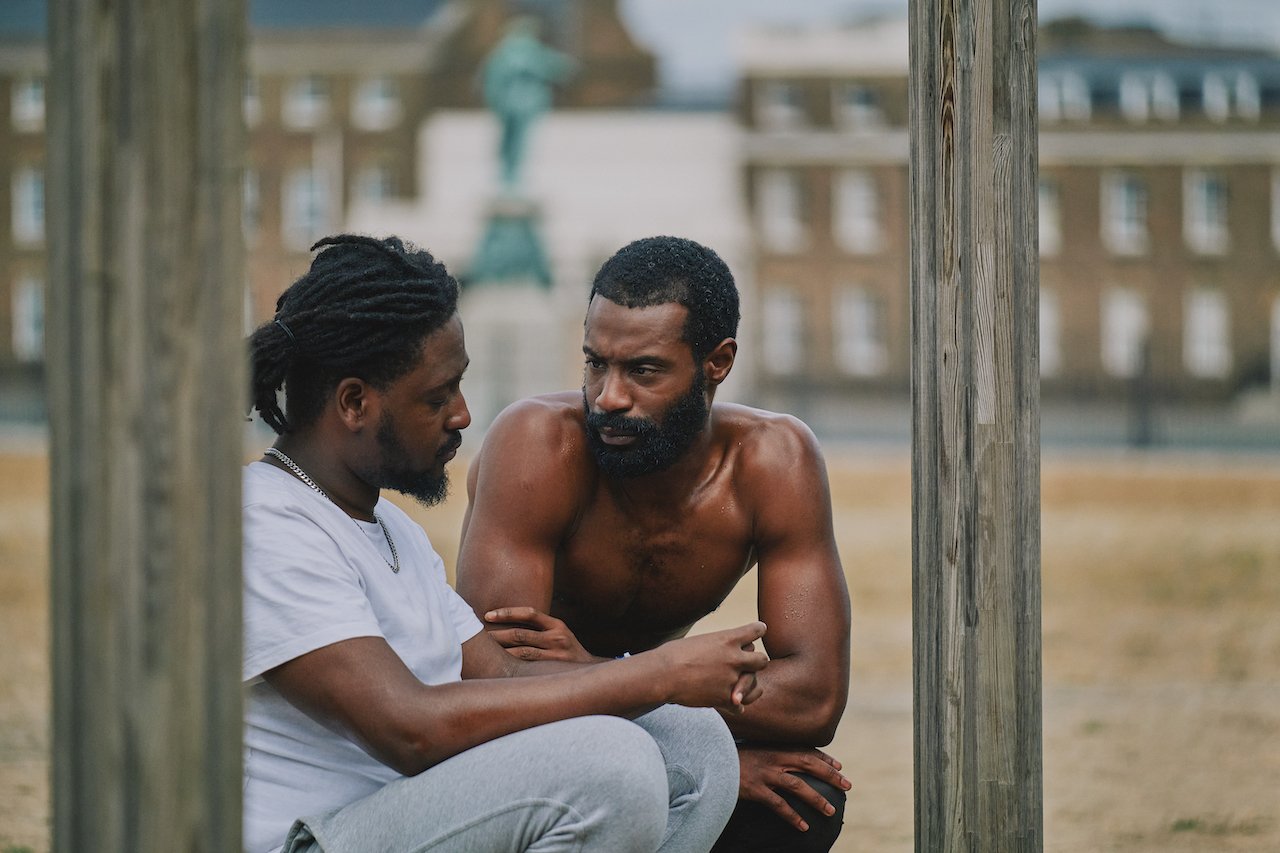
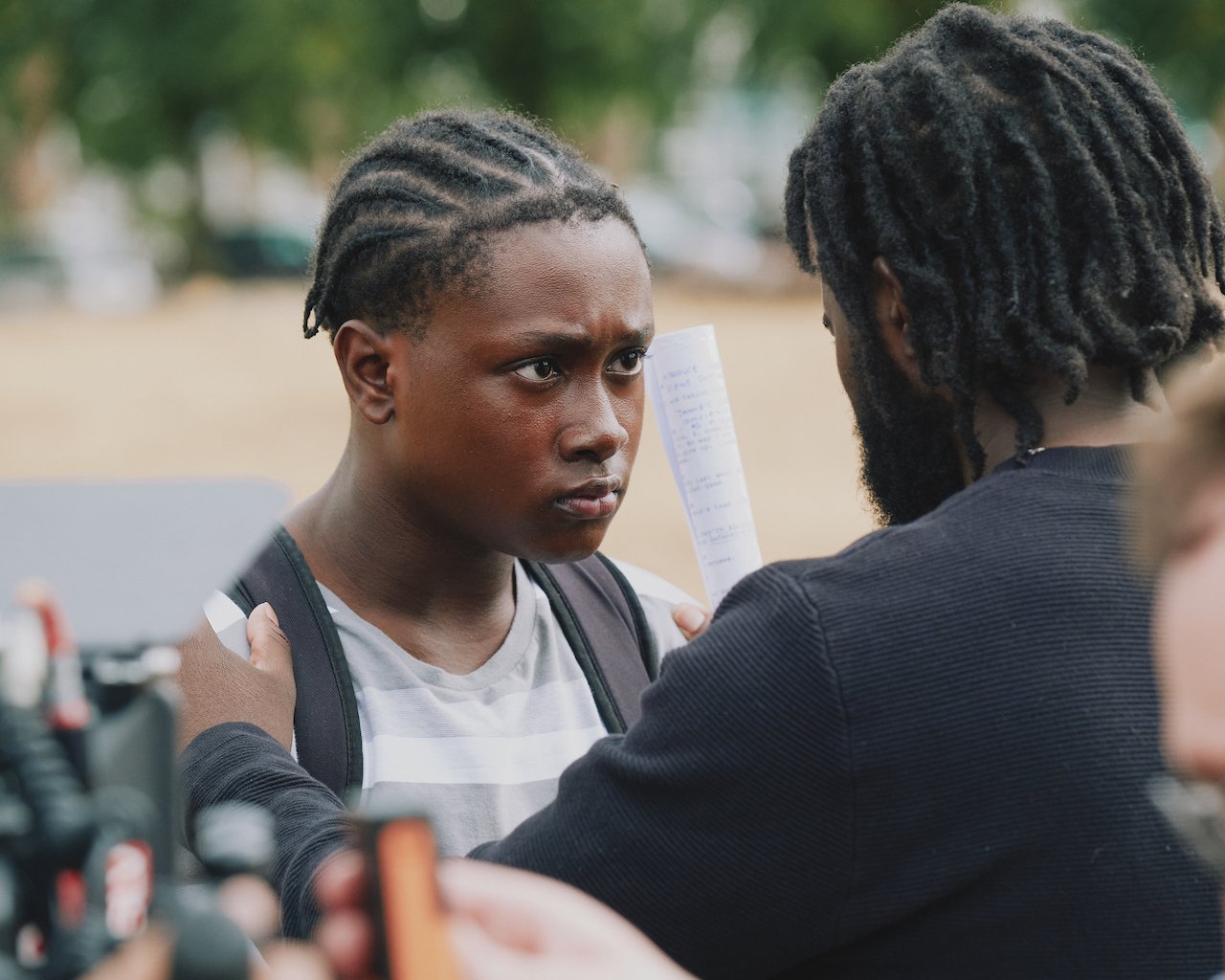
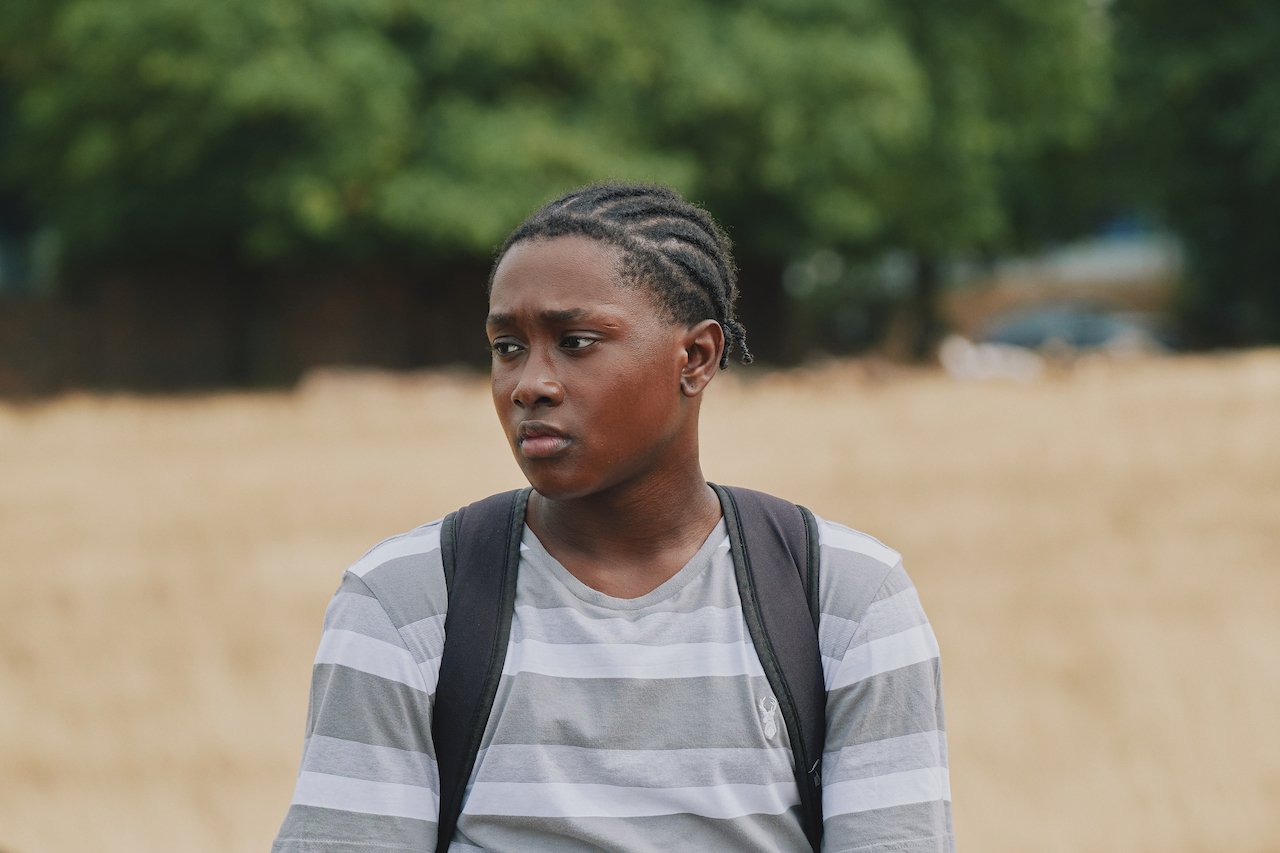

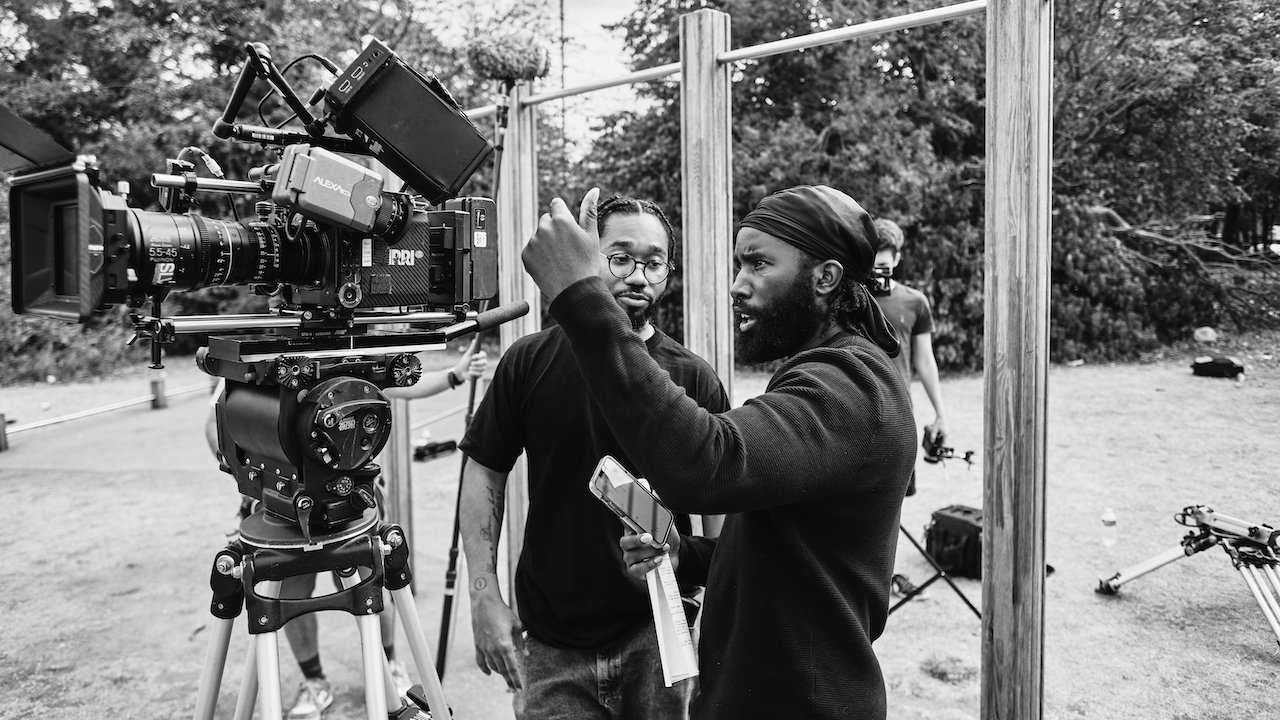
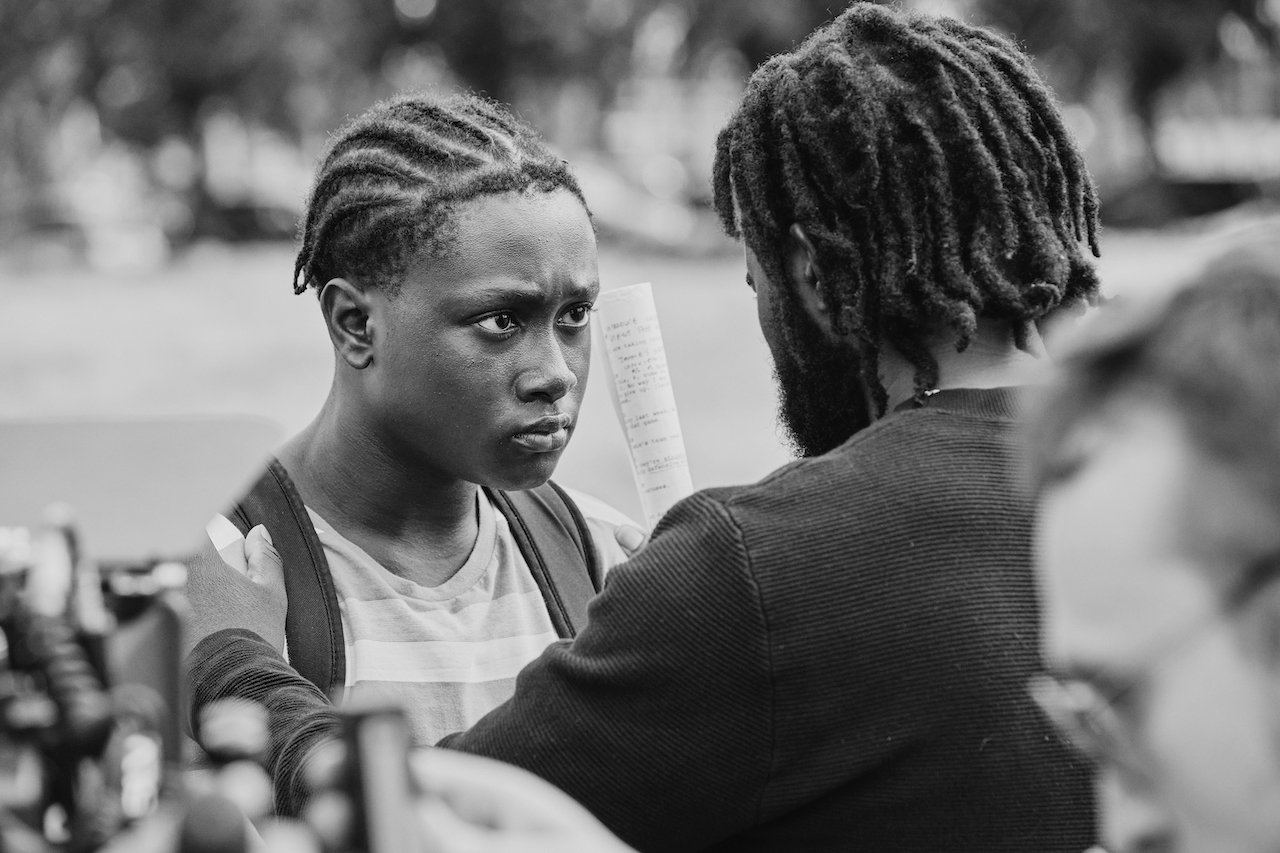
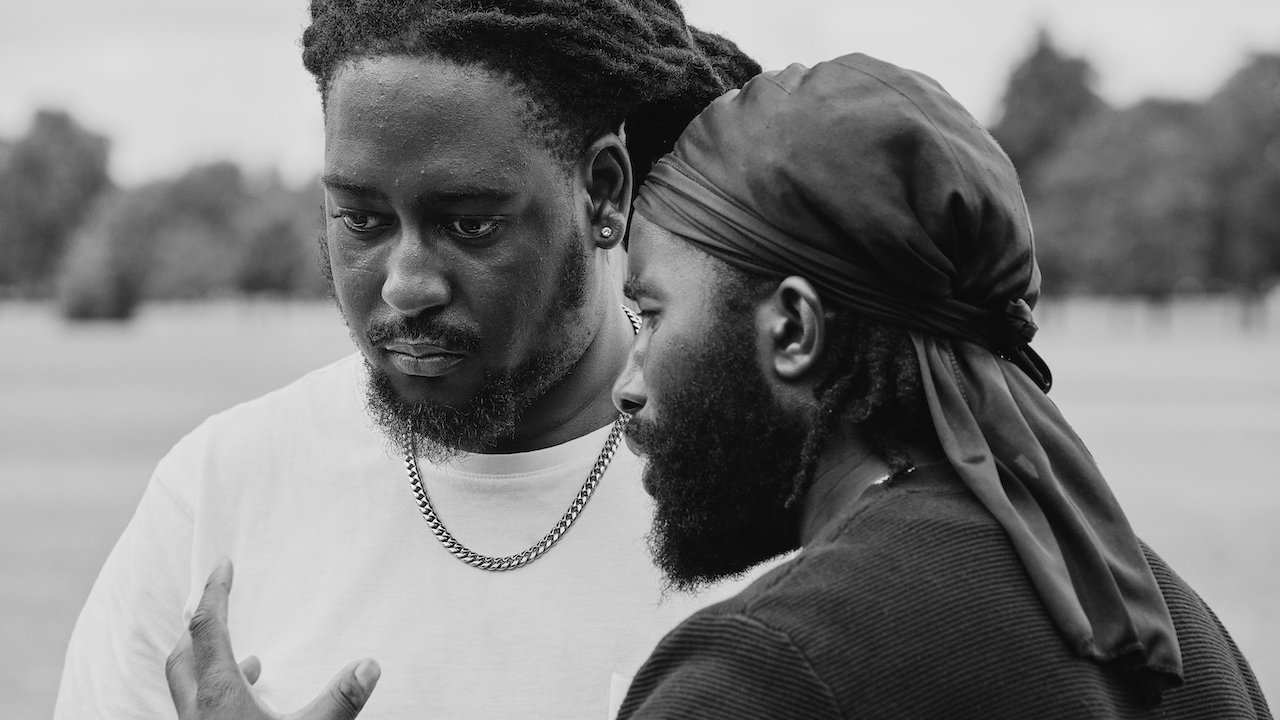
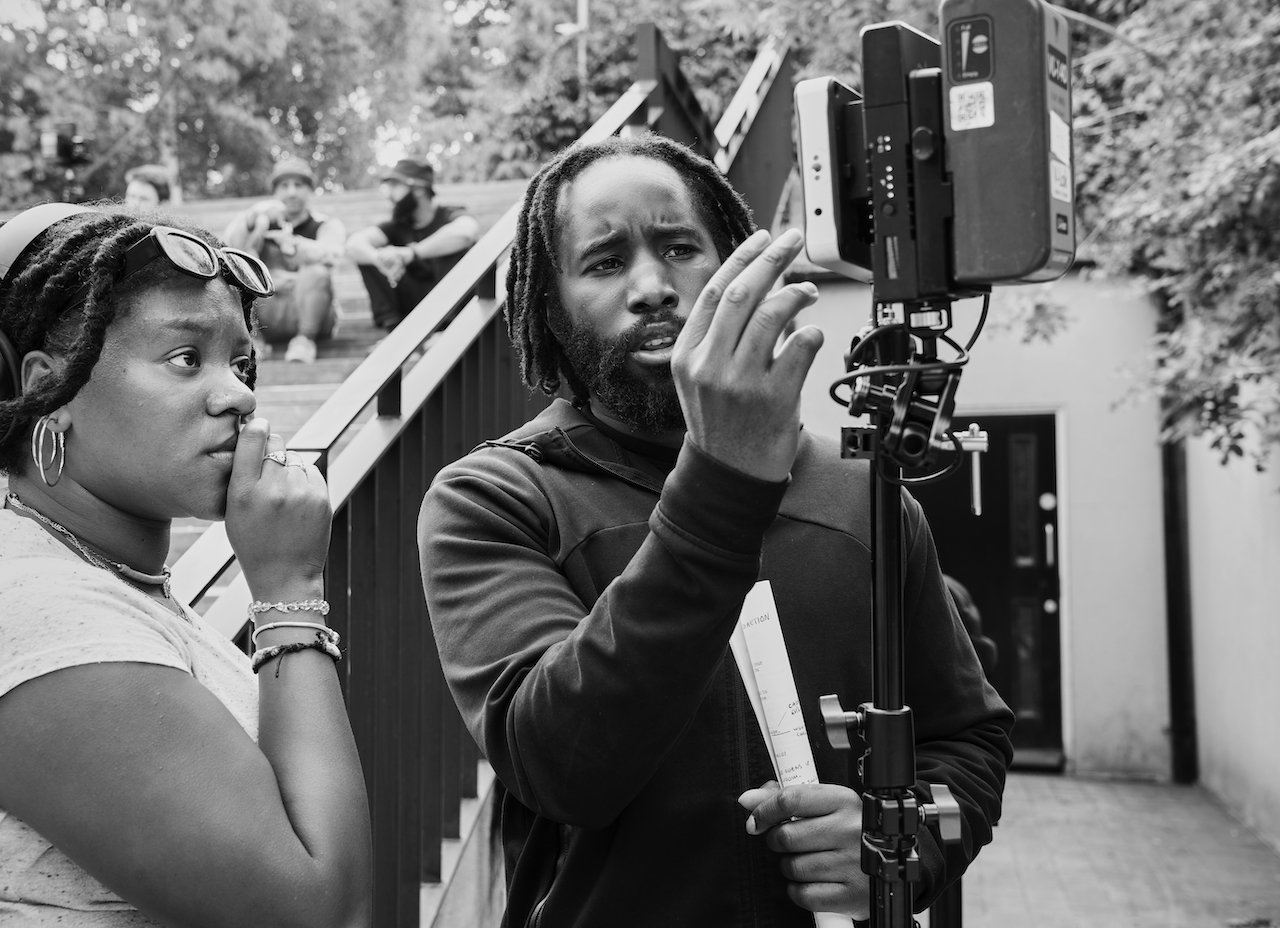
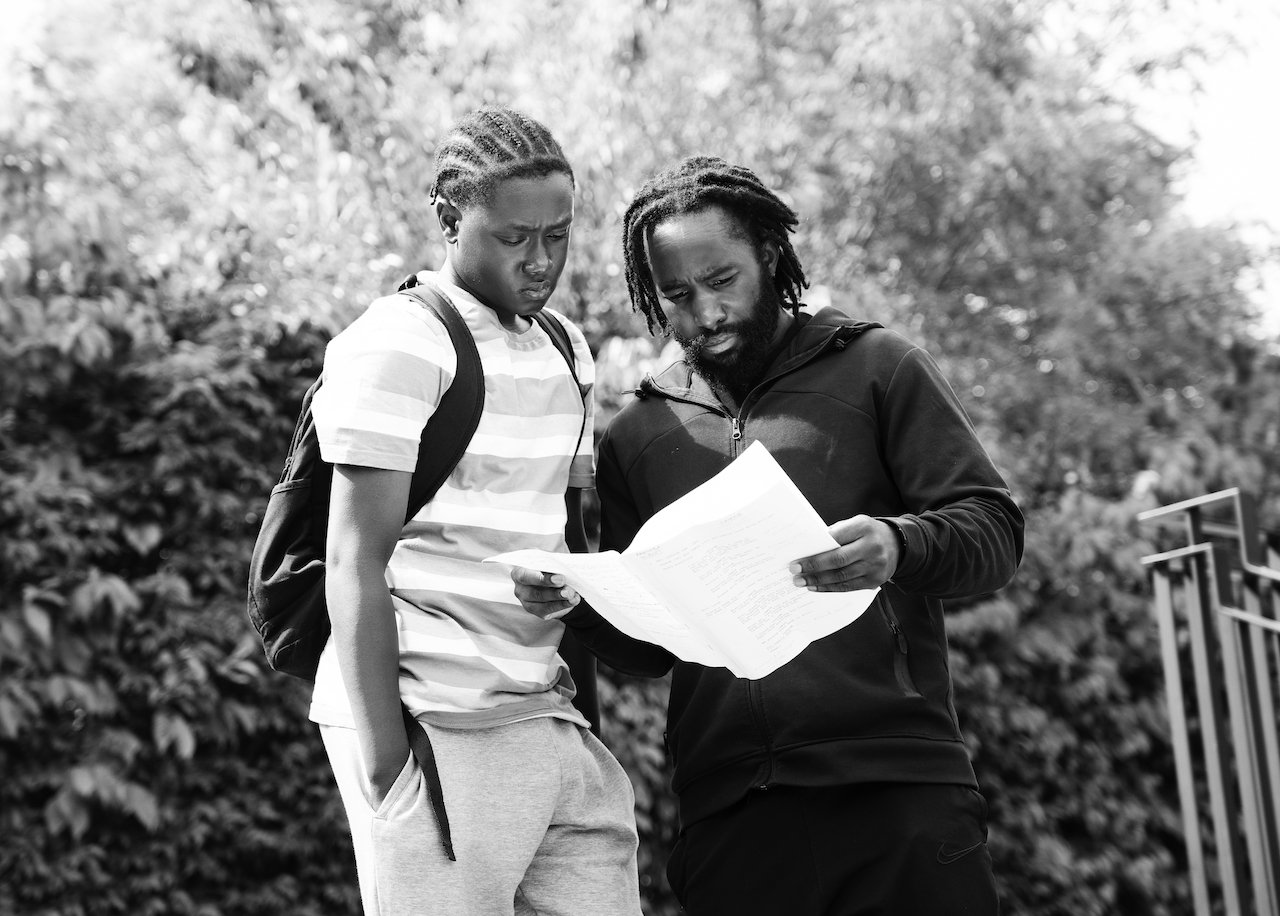
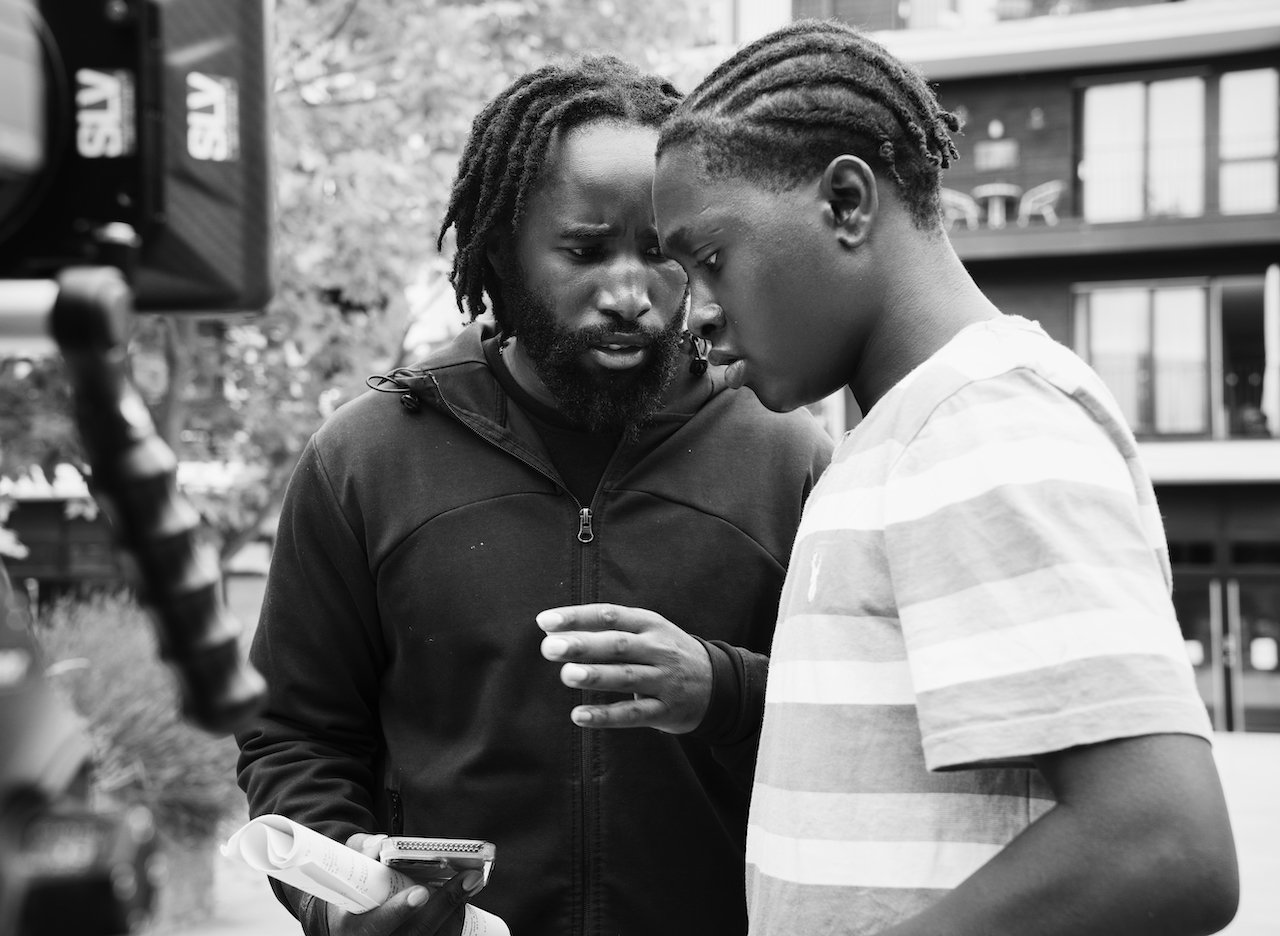
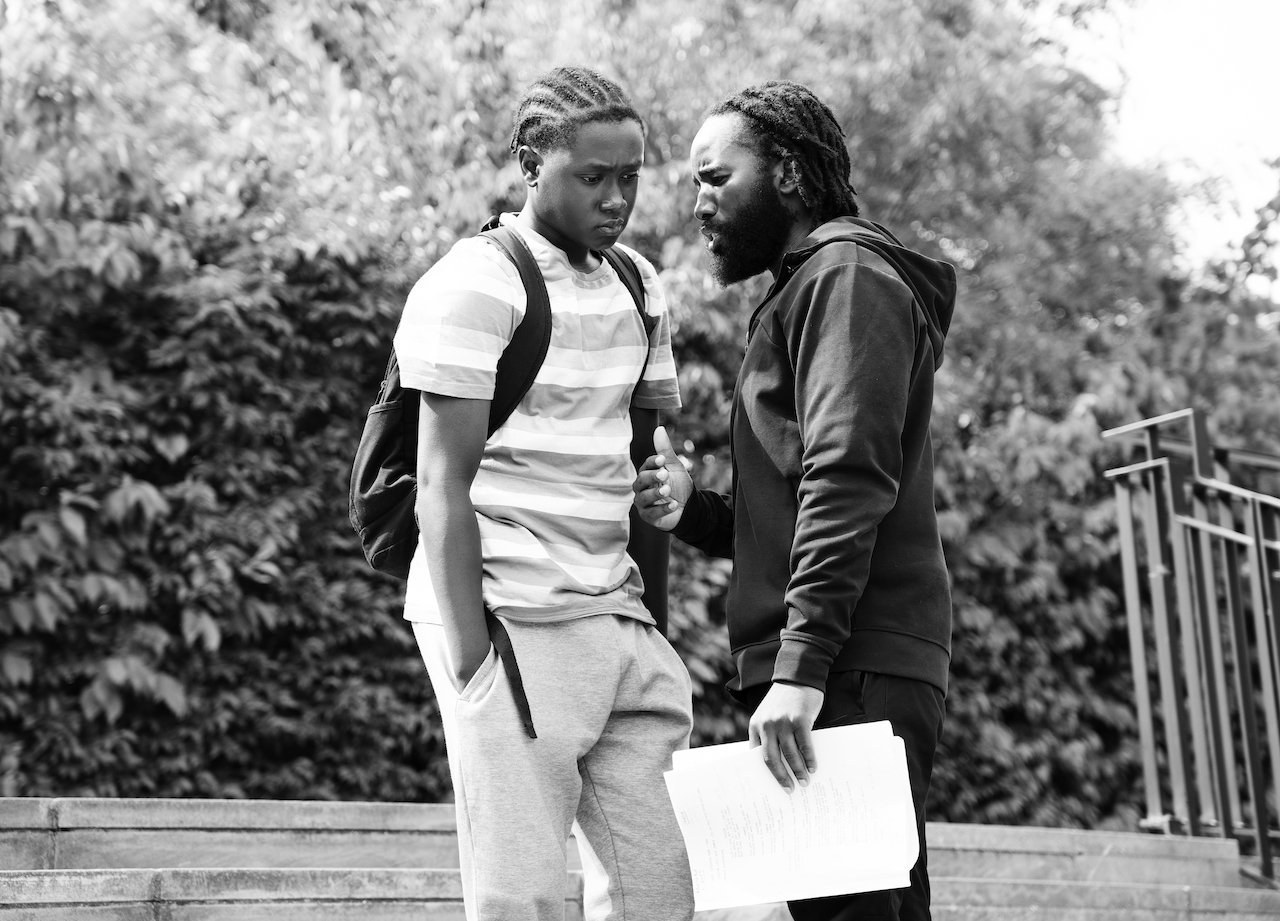









Road to Belonging